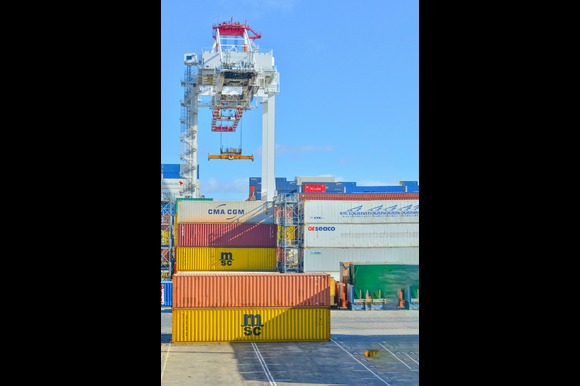China on Sunday unveiled anti-dumping duties reaching as high as 74.9% on imports of POM copolymers—a category of engineering plastic—from the United States, the European Union, Japan, and Taiwan.
The announcement concludes an anti-dumping investigation launched by China’s Ministry of Commerce in May 2024. The timing of the probe closely followed the United States’ decision to impose steep tariff hikes on a range of Chinese goods, including electric vehicles, semiconductors, and other imports.
POM (polyoxymethylene) copolymers are known for their high strength, rigidity, and low friction. These materials are widely used in applications such as automotive components, electronic devices, and medical equipment. They can serve as partial substitutes for metals like copper and zinc, according to statements from the commerce ministry.
In January, preliminary findings from the investigation indicated that dumping was indeed taking place. As a result, China imposed temporary anti-dumping measures beginning January 24, in the form of cash deposits on imports of the product.
According to the ministry’s final decision released Sunday, the steepest tariffs—peaking at 74.9%—were imposed on U.S. imports of POM copolymers. Imports from the European Union will now face a 34.5% duty rate.
Japan’s exports of the plastic will be subject to a 35.5% tariff, except for those from Asahi Kasei Corp, which received a lower, company-specific rate of 24.5%. Taiwanese imports are now subject to a general duty of 32.6%, though two major companies received significantly reduced rates: Formosa Plastics will face only a 4% tariff, and Polyplastics Taiwan will pay a 3.8% duty.
The decision comes amid a broader context of ongoing trade tensions between China and the United States. Despite this latest move, there have been recent signs of improvement in bilateral relations. On Monday, both countries announced a new 90-day agreement to reduce reciprocal tariffs, sparking optimism that the prolonged trade dispute may be easing.
China’s state-run publication, the Global Times, on Friday expressed support for extending the temporary truce, suggesting the momentum toward cooperation should be maintained.
Meanwhile, at a recent meeting in South Korea, the Asia-Pacific Economic Cooperation (APEC) group released a communique warning of “fundamental challenges” confronting the international trading system. The group emphasized the need for reforms and continued dialogue to ensure stability in global commerce.






